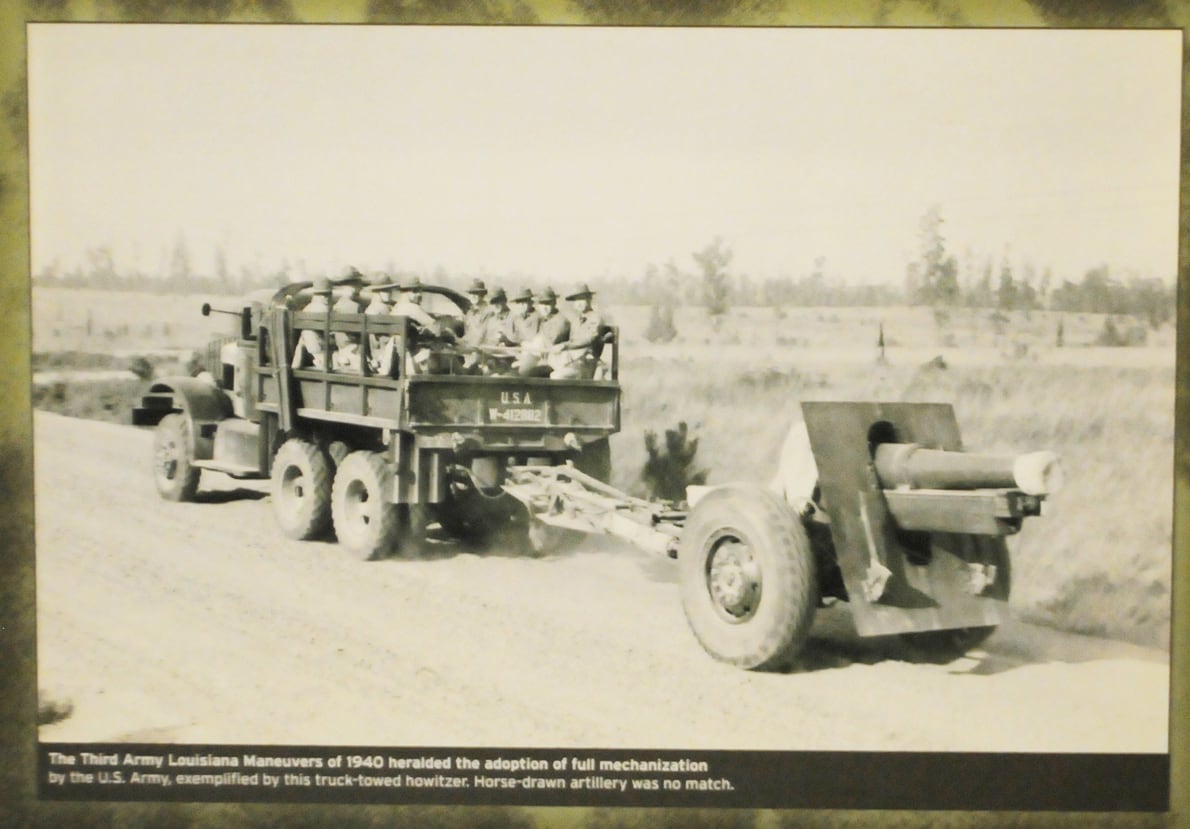An ambitious project that could be the fulcrum for how the Army and other services leverage the technology of today and the near future to fight wars is expected to grow significantly in 2021.
Project Convergence — a three-pronged blending of artificial intelligence, robotics and autonomy — saw its first major iteration conclude in August and September 2020.
In many ways, it is the tactile, real-world display of a warfighting concept known as Multi-Domain Operations. That combines the service’s six leading tech initiatives to aim at a sophisticated-yet-clear tactical goal.
The goal is to get close to the enemy by bypassing or neutralizing long-range sensor and missile systems of China and Russia, then destroy — either with missiles or cyber — the adversary’s anti-access and aerial denial systems. That would create new maneuvering ability to defeat enemy forces in their own backyard.
RELATED

To make that happen, many Army officials and their Navy, Air Force and Marine Corps counterparts are looking to connect everything, which would ultimately mean that any sensor across their system could use any shooter to destroy any target.
For this, the Army brought out Firestorm, a type of electronic brain that connects those systems to assist in some of the Project Convergence goals.
“Can we actually link multiple sensors and shooters right? In this case, it’s not a huge number. It’s less than a handful,” Army Futures Command head Gen. Mike Murray told Defense News. “But the ability for Firestorm to figure out the right shooter against the right target is one of the key things we’re driving. And then: can we do this in near-real time?”
The service already has set new goals in place for the coming year. They reached a range of about 62km during their 2020 experiment in a platoon-size exercise. They’d like to extend those ranges in the upcoming iteration and with a larger, service-diverse formation.
And it won’t be the Army alone running these experiments. They’re inviting the other services to hook into their work and see how best they can run across platforms operated by multiple service branches.
Murray wants an entire operational headquarters involved in the 2021 version and include a multidomain task force to test out how they bring all of the pieces together.
Allies such as the United Kingdom and potentially Australia are likely to participate.
Todd South has written about crime, courts, government and the military for multiple publications since 2004 and was named a 2014 Pulitzer finalist for a co-written project on witness intimidation. Todd is a Marine veteran of the Iraq War.



